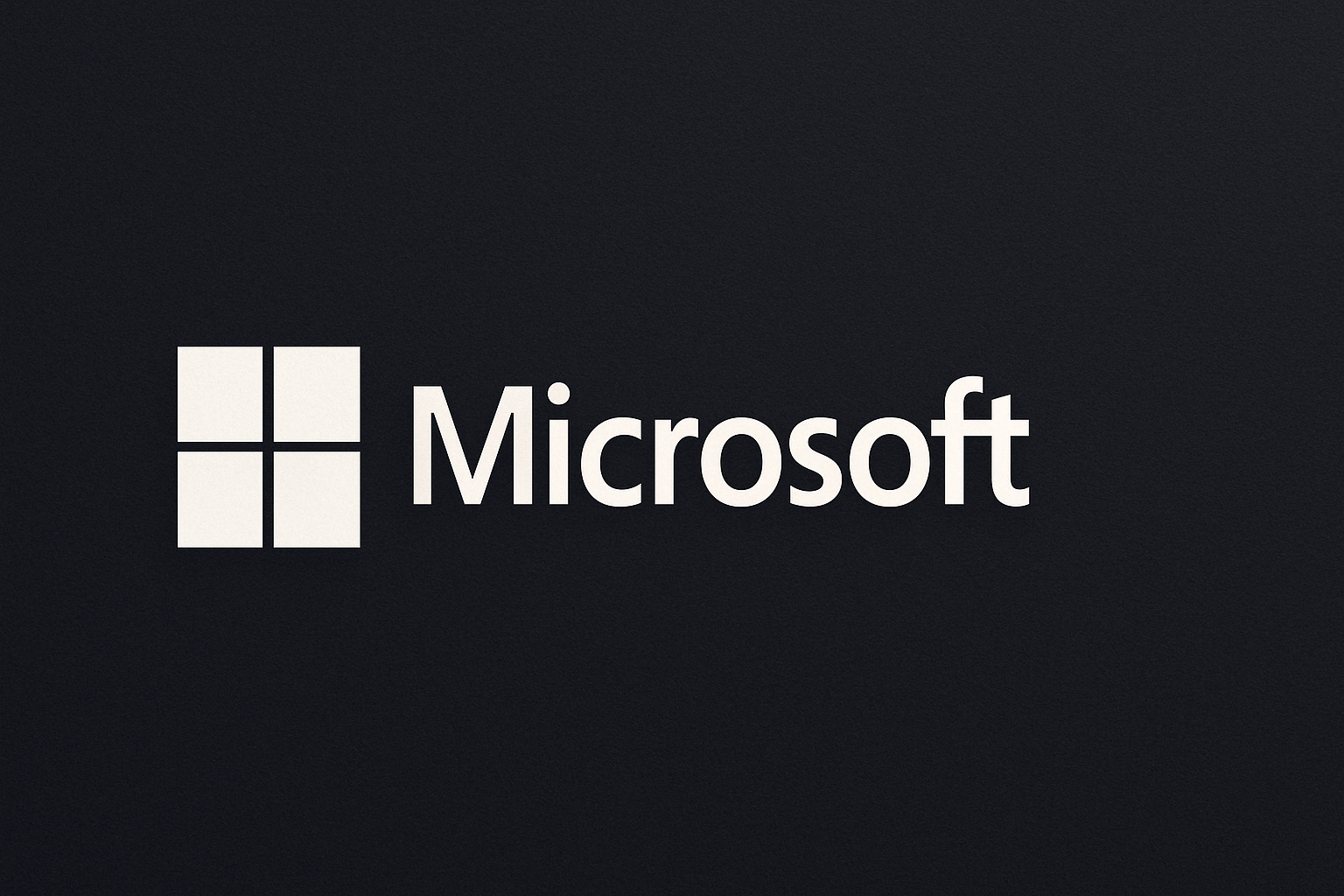Microsoft has publicly mocked Apple’s innovative Liquid Glass UI design, but recent developments suggest that Windows might face its own set of challenges in maintaining its competitive edge and design relevance.
In recent months, Microsoft has been focusing on refining its user interface, emphasizing sleekness and modern aesthetics, which has led to comparisons with Apple’s Liquid Glass UI. The tech giant’s response to the design trend has included parody and critique, aiming to highlight the differences and perhaps the limitations of Apple’s approach.
The controversy around Microsoft’s reaction underscores the ongoing debate within the tech industry about UI innovation and user experience. While Apple’s Liquid Glass UI is celebrated for its transparency and fluidity, critics argue that such designs may pose usability issues or lack practicality for everyday users.
Meanwhile, Windows continues to dominate a significant portion of the global desktop OS market, but its user interface has been criticized for feeling outdated compared to newer, more fluid designs like Liquid Glass. Microsoft’s parody could be seen as a strategic move to position Windows as both innovative and adaptable, but it also risks alienating users who prefer traditional interfaces.
Experts suggest that the tech industry is at a crossroads where UI design is becoming a key battleground for user engagement and brand loyalty. Microsoft’s playful critique might be a sign of its willingness to innovate or, conversely, highlight internal conflicts about design philosophies within the company.
Looking ahead, the focus will likely be on upcoming Windows updates, potential new features, and how Microsoft plans to address the evolving demands for sleek, user-friendly interfaces. The debate over UI design continues to influence market trends and user expectations in the tech world.
Will Microsoft’s parody influence future Windows UI updates?
The parody could serve as a catalyst for Microsoft to re-evaluate and innovate its UI design, aiming to blend practicality with modern aesthetics to appeal to a broader audience.
Could this controversy impact Windows’ market share?
While unlikely to cause immediate shifts, ongoing dissatisfaction with Windows’ UI may influence user preferences and competitive positioning over time.
What does this mean for Apple’s Liquid Glass UI?
The critique and parody might push Apple to further refine its design, balancing aesthetic appeal with usability to maintain its innovative edge in the marketplace.







